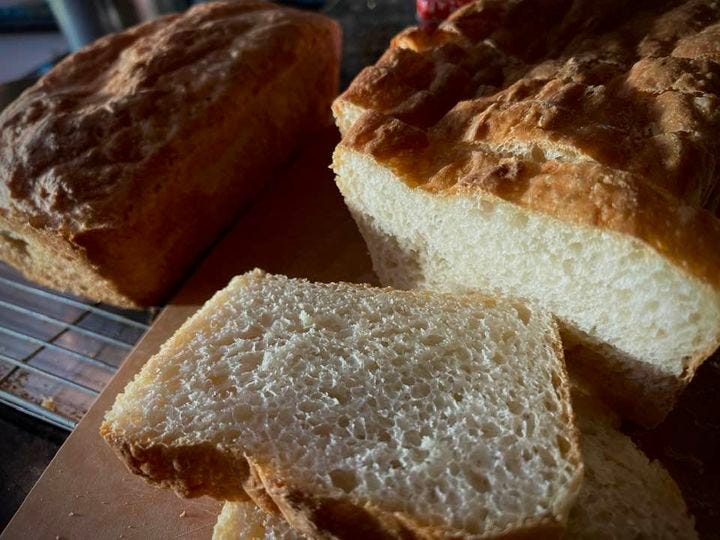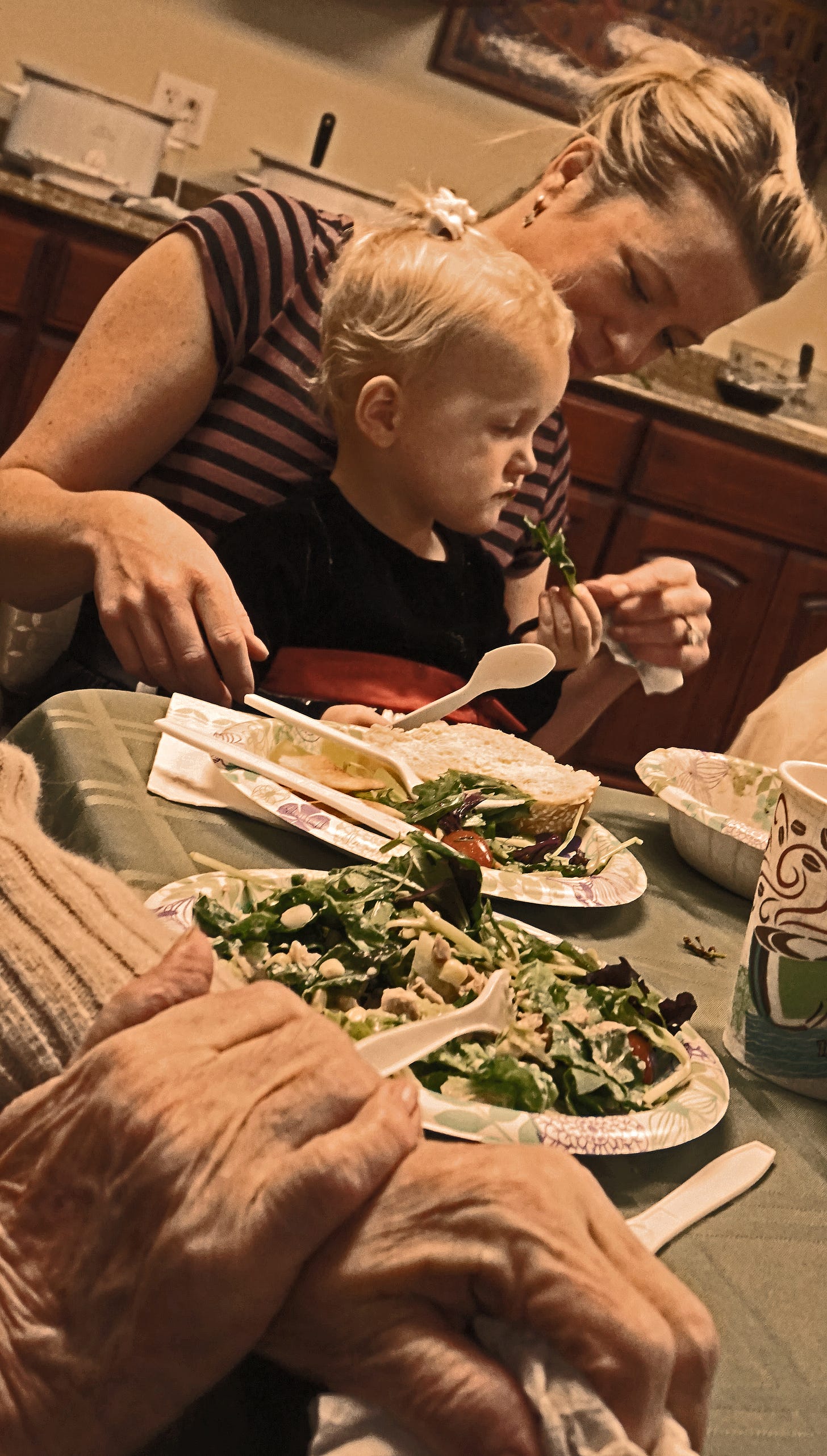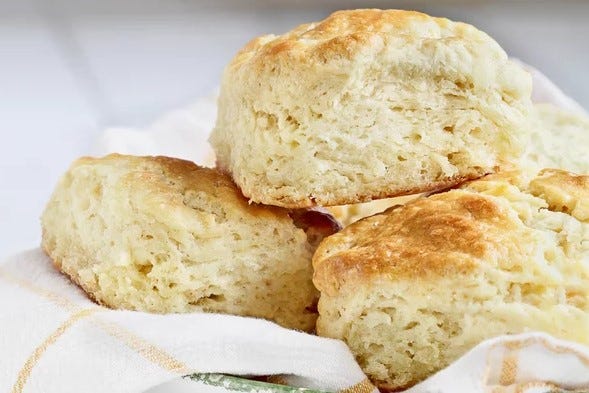These days I’ve taken to baking bread.
I’m baking bread because I don’t know who I am anymore. I mean, I know I am dust, spirit, breath. Much like bread is flour, water, salt, yeast.
The past five years of care giving and cancer forced a distance and disengagement with nearly everything and everyone in my real life that has, for decades, defined my self-identity, public persona, “God’s purpose for my life”, and my role in my “tribe”.
But, like bread that is cinnamon rolls, rosemary-garlic boule, challah, croissant… those are identities, variations, manifestations of the essential ingredients. Each one is set on a table for various purposes and types of gatherings.
I returned to my parish at 70 years old, frail, tired, but a stranger in a strange land. It is the same familiar landscape: the walls I built, the floor I laid, the same cabinets I installed. But it was a new world, full of immigrants I’d never met and a few old friends. But all of us, old friends and new immigrants, were now three years catechized and formed by the COVID cultural ideological warfare that was waged across the country within parish walls. My recent tour of thirteen parishes in the South showed me that everyone is still navigating a form of P(arish/riest)TSD that I think none of us, including the hierarchy, fully understands how to heal.
I’ve been experimenting with the bare basics: Flour, water, salt, yeast. I’ve learned that the permutations of how they are put together, allowed to come together over time, how they are baked is virtually infinite. How to proof the yeast, how long to let the bread rise, how to knead it and when, oven temperatures, humidity… All variations result in what might be a failure of one kind of bread but would make a serviceable loaf of another.
My “church bread” has been “The Chair Guy”, pod caster, builder/handyman, chanter, sub-deacon, catechist, coffee hour greeter, parish council president, peace-maker/trouble-maker. I pretty much had that recipe down pat. But now I’m too frail to build, I can’t stand up long enough to serve altar (and honestly I’ve never loved serving altar, I’d rather chant), there’s plenty of good chanters now so I can sit and listen without critiquing their “style”, and I’ve become more comfortable being a recluse these days (though I’ve always been an extroverted-introvert and leaned toward being a hermit but have always felt that I had to use my “God given gift” for conversation even though I do enjoy it but it exhausts me).
“Leadership”? It is in the hands of the new generation. I don’t want to be “That Old Crotchety Founding Member” who is tolerated because he lives in the nostalgia of his personal vision for a parish utopia.
All that, after 23 years in “leadership” I’m just tired of being involved in and knowing how “the church sausage is made”. And once you’ve seen it in your parish I don’t know that you can un-see it. And once you’ve been part of the ingredients and your heart and soul are ground into the sausage, I don’t know that you can extricate yourself from the mix of intentional and unintentional relationships and influences any more than you can take your leaven out of a risen lump of dough that has been added and kneaded in by your own hands for years and years.
Bread dough actually starts with wheat. Different wheat and different milling will yield different flour that can be made into everything from breads to noodles to pizza to naan. Where the wheat is grown can ruin breakfast. THIS is why New York Yankees can’t make biscuits like my grandmother did in Cabot, Arkansas. Or it can ruin your spaghetti. The yeast spores from one city or even room in your house to the next can yield a different sourdough. The raw material matters for the type of dough or bread you want to put on the table.
I’m forced to ask myself, “What kind of wheat am I? How will I leaven what I am added to?” The corollary is perhaps, am I the bread that is needed (or wanted) on the table at this time of the day (you can have breakfast for supper, but the family probably won’t want it as a steady diet).
So, I’m asking myself these days: How does the flour milled by God from the wheat of my personhood mix in with the bare basics of the leaven of Christ and the salt of the spiritual life: Love, joy, peace, patience, goodness, kindness, forgiveness, self-control? And then how do I mix in with the water of the reality of a parish culture and the people who live in it: can we come together and make a bread that will feed the spiritually hungry coming to our table?
Of course all of these ruminations are based in the assumption in my own head that I was as important as I think I was all along the way. I am not immune to prelest and vainglory or false humility. Ask any of my confessors. On the other hand, whether my struggle is from prelest or some other sin, it is still a universal human struggle: What to do with our past in which we have an investment (for good or bad), and our relationships based on that past that have diverged even within the idealism of the possibility of a perfect union in Christ. How do I let go?
How do I let go of my former “self” and learn to just “be” in Christ?
How do I let go of my expectations of others and let them “be” in Christ?
How do I let go of my agendas and let consensus happen (and perhaps even support it)?
How do I let go of others’ expectations and vision of me, even if I helped construct it?
How do I have “integrity”: Not hating or denying my past, but not being determined by it?
How do I find peace in living in the present moment of who I am?
How do I know, in the end, I’m not full of shit and I just need to repent.
But then, I know eventually God will let me know if I’m full of it and myself. He’s always been faithful in that. And I know all this is part of letting me know something, but I’m just too dumb to get it yet.
Hopefully He will also let me know what repentance looks like. Personally, I’ve narrowed it down to two choices: Walking away or walking back in.
I think, perhaps there is a third choice, one that is harder to consider because I don’t know how to do it yet: Walk this way.




One thing for certain, baking bread is good for the soul. And strength enough for that task is a great gift. Love to you in Christ, Steve. I pray for you and Peggy.
A beautiful reflection, Steve. I appreciate your honesty and openness.